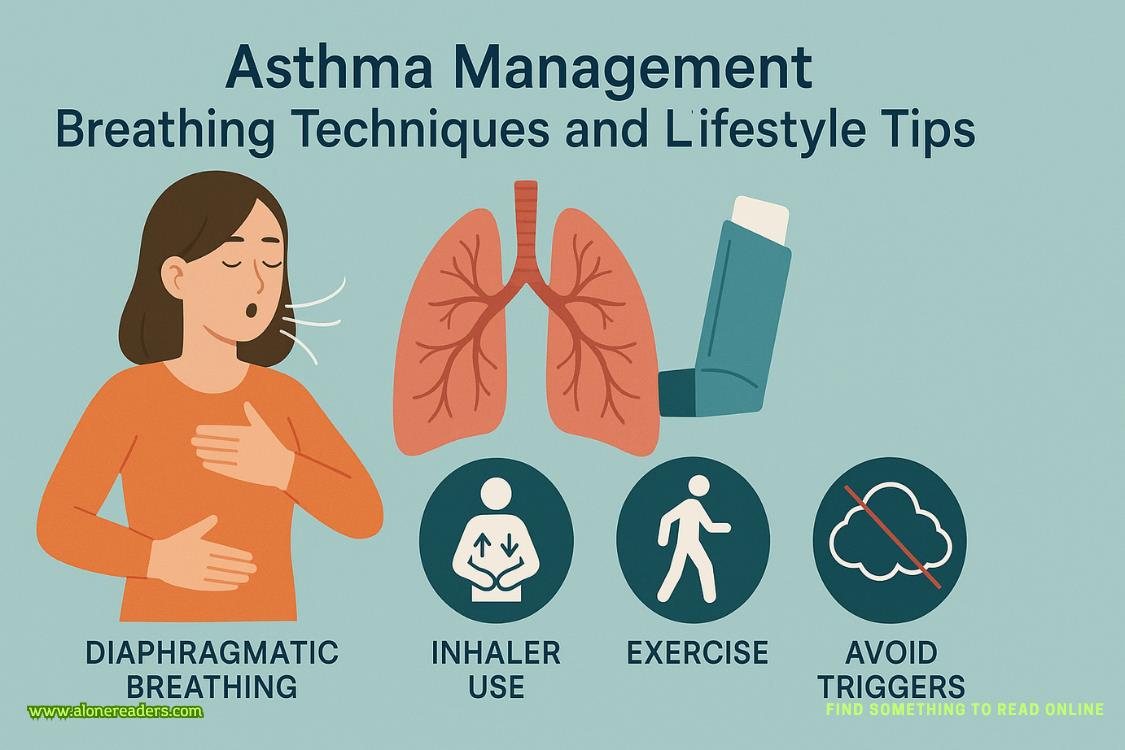Page 3 of No Man's Land
“Careful of what? It’s a bloody war.”
Winchester smiled. “Just stay out of the shadows.”
Strange advice and Josef didn’t know what to make of it, but he didn’t have time to ask because at that moment Corporal Johnston poked his beaky nose around the corner of the farmhouse. “Shepel! Move your bloody arse. We’re heading back.”
Josef cast a final look at the boy at his feet, resting in peace now, he supposed. Or as close to it as possible in this hellish place. He regretted not being able to photograph him again, to record his passing, but with Winchester standing right there, it was impossible. Instead, he gave the captain a nod offarewell and headed back toward the ambulance. There were still a dozen stretcher cases waiting outside the dressing station, and he knew he’d be back again before he saw breakfast or a place to lay his head.
He glanced once over his shoulder as he turned the corner, to see Captain Winchester bending over the dead man. As Josef watched, the captain pulled somethingsmall from his pocket—a coin?—and touched it to the man's mouth. Then he straightened, gazing down for a moment before tugging the blanket up from the boy's legs to cover his body and face. For some reason, that simple gesture touched Josef. He wished he’d thought to do it himself.
***
It was several days before Josef saw Captain Winchester again.
He was in the resuscitation tent when it happened, bringing a casualty in straight from the ambulance for an emergency transfusion. Pale as a ghost he was, as Josef helped transfer him from the stretcher to the cot, and the doctor began the business with needles, tubes, and a bottle of blood. They were the stuff of miracles, transfusions. Although Josef didn’t much fancy the idea of another man’s blood running through his veins—seemed unnatural—there was no arguing with the results. He’d seen it bring men back from the dead.
He was moving aside, giving the doc space to work, and rolling his aching shoulders—you wouldn’t credit the dead weight of a man in a wet and sodden uniform—when he heard Winchester’s voice. “Over here,” he said. “Look.”
Josef glanced up and saw Winchester bending over a bed on the far side of the tent, examining a man who lay motionless. Unlike some of the other tents, filled with the moans and groans of the wounded, the resus tent was silent as the grave, and Josef could easily hear Winchester’s words even though he wasspeaking quietly. But the man he was talking to made Josef look twice: a tall, rangy Indian sepoy with a fine moustache and a deep frown beneath his turban as he looked where Winchester pointed. He gestured to the patient and said something in a language Josef didn’t understand. To his surprise, Winchester nodded and replied in kind. They carried out a hushed conversation for a few minutes, none of which Josef could understand but which was clearly heated. When Winchester finally straightened up, he said, “Nevertheless, I believe we have to take action.”
“That,” his friend replied, in an accent no less plummy than Winchester’s, “is what you always say.”
Winchester grunted, turning toward the door to the tent. In doing so, he caught Josef’s eye. Bugger. It was too late to pretend he hadn’t been watching, so Josef brazened out the uncomfortable moment by lifting a hand in a wave. “Morning, Captain.”
“Shepel.” One corner of his mouth lifted, and Josef felt a flush of pleasure at being remembered. Which was galling; he made it a point of principle to care nothing for the good opinion of brass hats like Captain Winchester. “Staying out of the shadows, I hope?”
“Not so much,” he said, bending to retrieve his stretcher from the floor. “I find I prefer them to the enemy guns when I’m out and about at night.”
Winchester looked him over with aristocratic assurance and turned to murmur something to his companion. Josef instantly found himself subject to the other man’s scrutiny, which was scalpel-like in its precision and sharpness. He made a comment to Winchester, eyebrows lifting, and Winchester shrugged. “Why not? Life’s short,” he said and touched his cap to Josef in a rather un-soldierly manner, and the pair of them strolled out of the tent.
Josef watched the flap settle back into place, then carefully set the stretcher back down next to his patient, who was already starting to lose the grey cast to his skin. With a glance at the doctor, still busy with the transfusion, Josef made his way through the rows of beds to the man Winchester had been examining.
He lay on a heated pallet, his face sickly and body lifeless. One arm and both legs were covered with loose dressings, none of which did anything to mask the stench rising from the wounds. Josef glanced about, saw that the doctor was still busy with the transfusion, and gingerly lifted one corner of the dressing on the man’s thigh. He reared back, dropping it almost instantly. What the devil? The same black putrefaction that he’d seen at the dressing station crept along the man’s leg.
He retreated a step, revolted. More than revolted,disturbed.
He’d seen mustard gas wounds. That stuff could burn away half a man’s face, but this was something different. He’d never seen anything like this rancid rot until the other night. Was it a sickness—or some terrible new weapon?
Either way, you could bet the brass hats would keep it hidden from the fighting men. Truth was bad for morale, you see. And God knew nobody at home would read about it over their morning tea because the censors had seen to that at the start of the war. The only newspapermen at the front these days were a handful of government propagandists.
At least, the only official ones.
Josef put his hand to the breast pocket of his jacket, settling his fingers reassuringly over the little VPK camera hidden there. He wished he could take a photograph of the man’s wounds, but it was too dangerous in such a public place. Two years ago, he’d heard about a respected journalist, working for a national newspaper, being threatened with the firing squadbefore being shipped home from France. Josef doubted the army would be as lenient with him—a socialist from Spitalfields—and didn’t fancy putting it to the test.
No, a photograph here was out of the question. But that didn’t mean he would let it drop.
Heading back to collect his stretcher, he lingered for a moment until he could see the doctor was finished administering the transfusion. Reaching down for his stretcher, Josef said, “He’s looking better.”
“Aye,” the man said, with a soft Scots lilt. “He’ll do.”
Josef smiled. “That’s good news.” He nodded, casual as you like, toward the man Winchester had been examining. “How about him? Doesn’t look so good.”
“Bearman? No.” The doctor rubbed a hand over his weary face. “He came in last night, raving. Poor lad spent eighteen hours in no man’s land before his company could retrieve him. We’ll do what we can.”
Eighteen hours in no man’s land. Poor bastard. “What causes that, then?” Josef said. “That kind of infection?”
The doctor gave him an old-fashioned look. “What do you think? You wouldn’t keep swine in the conditions these boys endure. They’re infected the moment they’re wounded.”
Not like that, Josef wanted to say. That wound was different, sinister in a way he couldn’t explain. And as the salient’s only independent reporter, Josef felt a duty to investigate.
- His to Command by Emma Bray
- Detention with Daddies by Sofia T. Summers
- Daddy's Heart by Dani Wyatt
- Tarnished Hands by T.L. Smith
- The Way We Win by Tia Louise
- Tracked By Hound by Cassi Hart
- Until Presley by E.M. Shue
- Love in Excess by N. Slater
- The Madness Within by Raja Savage
- Greek's Enemy Bride by Caitlin Crews
- Taken by Lena Little
- Maddox by Piper Stone
- Property of Madman by Sapphire Knight
- Sacrificing Zoriah by Emily Klepp
- Omega's Triplets by J.L. Wilder
- Tag by Natalie Bennett







